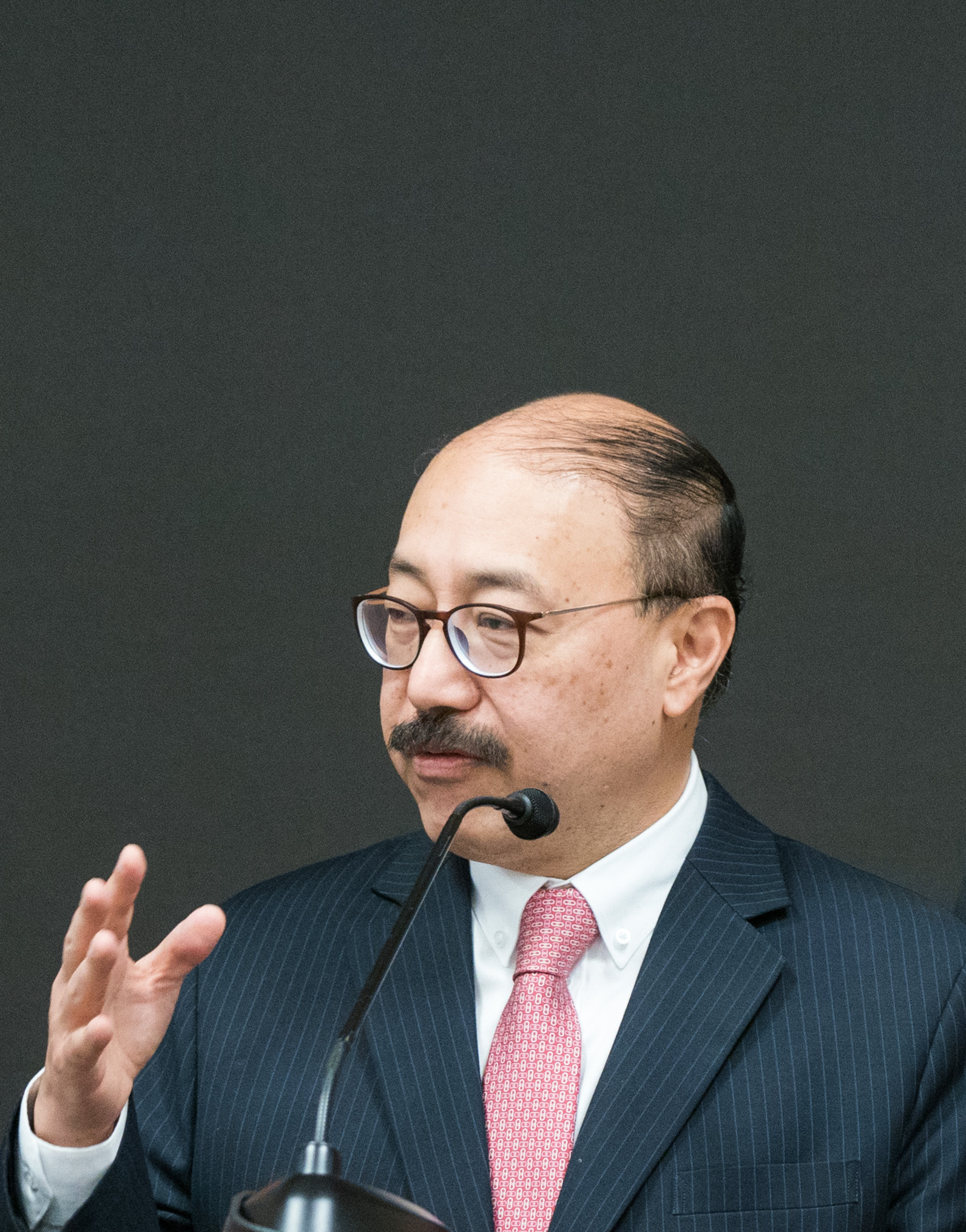With India looking to source oil from the US and its companies signing defence and aviation contracts with American businesses, the potential and 'spin-off benefits' of a deepening economic partnership between the two countries are enormous, India's Ambassador to the US Harsh Vardhan Shringla said.
'The US is India's largest trading partner and we are America's 9th largest trading partner. We have significant investments in each other's countries. Not only has the US invested about USD 50 billion in India, our country has also invested close to USD 20 billion in the US,' Shringla told PTI in an interview here.
The Indian Ambassador was on a brief yet action-packed visit to the city earlier last week and had very fruitful and comprehensive engagements with top political and business leaders.
He said Indian hi-tech companies have created value in the US of over USD 50 billion and created 175,000 jobs in the country. 'So it is a two-way relationship that can only move forward and if it moves forward it is to a mutual benefit.'
Shringla echoed Prime Minister Narendra Modi's assertion that the 'Make in India' program and President Donald Trump's focus on 'America First' are not contradictory but are initiatives that are 'complimentary and can co-exist.'
'We produce goods and services that the US can use and the US produces goods and services that we can use,' he said, adding that while there is an adverse trade balance, India is purchasing defense equipment and civilian aircraft from American companies.
Shringla referred to the announcement last month that Indian carrier Indigo had placed the largest ever engine order in history with Ohio-based CFM International.
Indigo ordered CFM International LEAP-1A engines to power 280 Airbus A320neo and A321neo aircraft. The contract, which includes spare engines and an overhaul support agreement, is valued at more than USD 20 billion US at list price, with the Indian envoy describing it as the 'single largest contract in aviation history.'
He also highlighted that India is talking about sourcing USD 4.4 - 5.5 billion of oil and gas from the US.
'We are looking to take the energy cooperation even further. So the potential and the next steps that we are looking at in this economic partnership are huge and there are enormous spin-off benefits for both countries,' he said, adding that the Prime Minister's 'Make in India' program will 'receive a huge boost' if American companies invest in India 'in creating a manufacturing base' in the country.
'At the same time, Indian companies can also significantly increase their own activities in the US, something that is to the benefit of both countries,' he said.
On the issue of immigration, Shringla described as a 'very positive development' the bi-partisan support in the US Congress for the Fairness For High-Skilled Immigrants Act, which aims to remove the seven per cent country-cap on Green Card applicants.
'I think that is a great relief for a very large number of Indian H1-B visa holders because the time taken to convert from H1-B into Green Card has been inordinately long and it is a great step forward taken by the US Congress cutting across party lines,' he said expressing hope that the Senate would follow suit and adopt that initiative.
The US House of Representatives has passed a legislation to remove the seven per cent country-cap on Green Card applicants, a move which could end the agonizing wait of tens of thousands of talented professionals from countries like India who have applied for permanent residency in America.
Shringla said the H1B visa brings value to the US. 'Our companies are investing in hi-tech areas, creating R&D labs that are into cutting-edge technologies, creating new apps, systems and providing employment' at a time when there is a shortfall of 2.4 million people in the hi-tech sector.
The visa 'makes it competitive for US hi-tech industries and making the H1B visa more difficult to access will only erode on the competitiveness which is very important for the US maintaining its pre-eminent status as a hi-tech nation in the world.'











